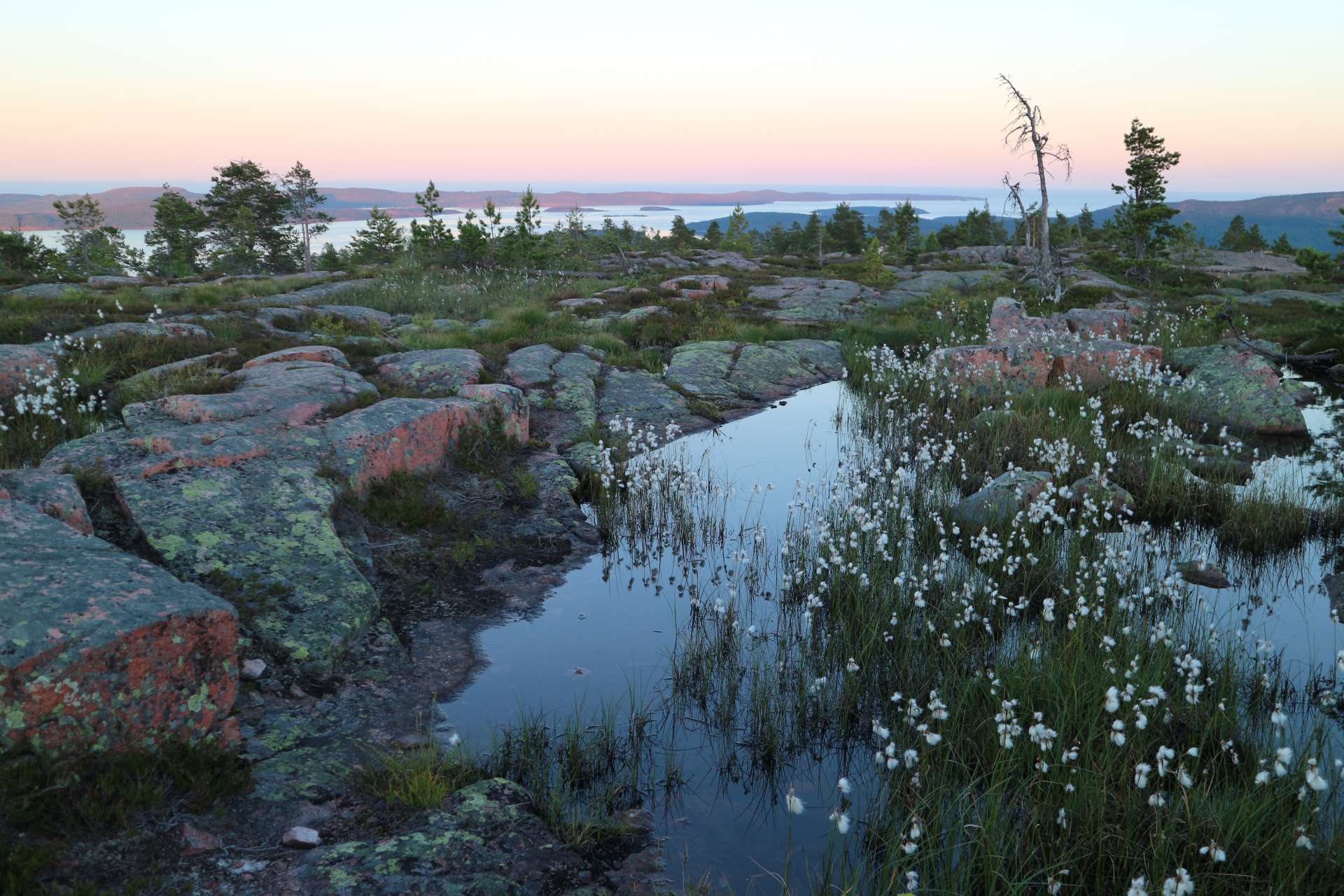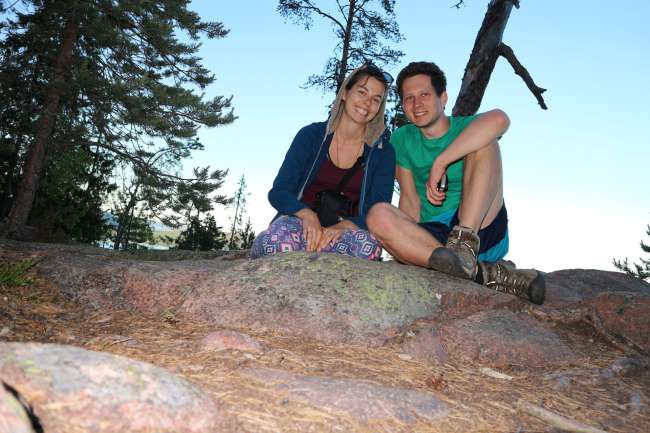Masuria - on Grandpa's trail.
Published: 06.09.2017
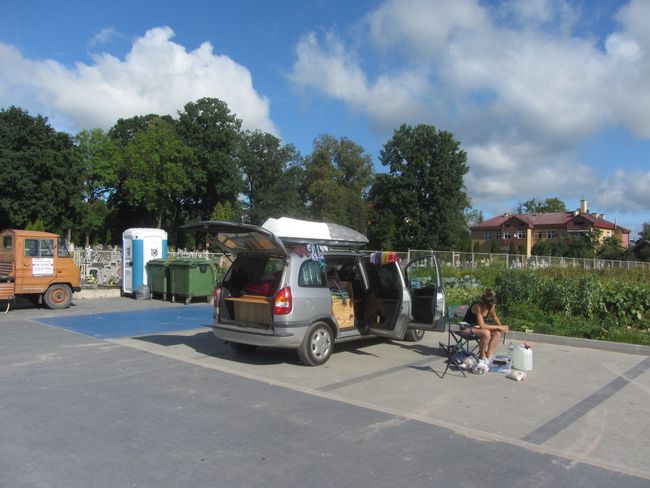
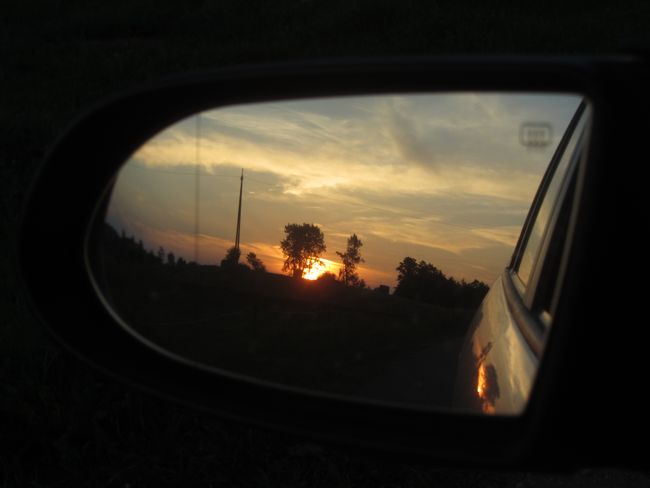
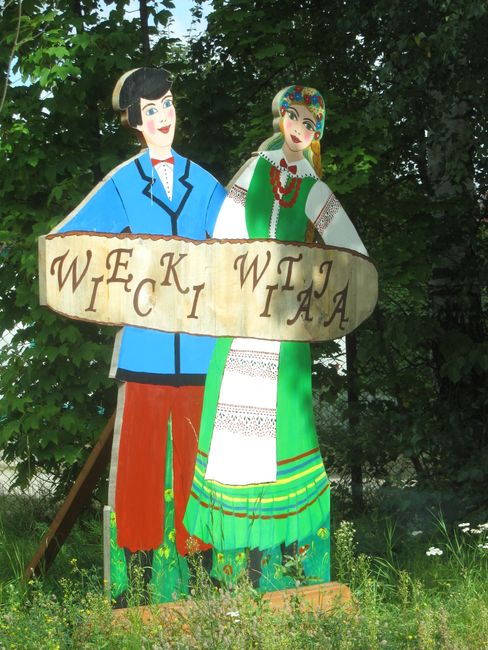
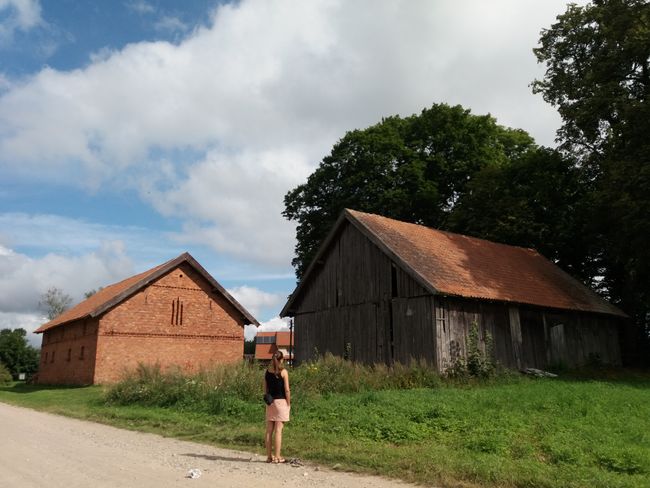

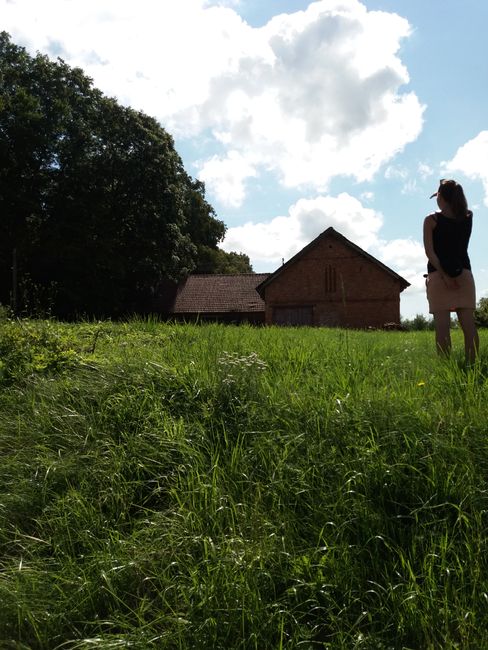
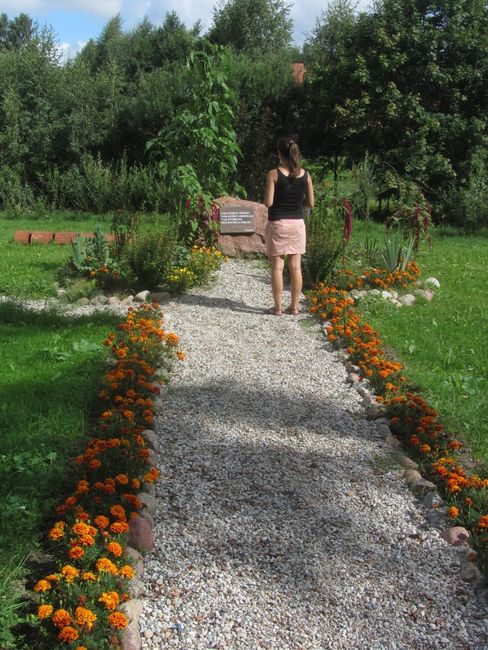
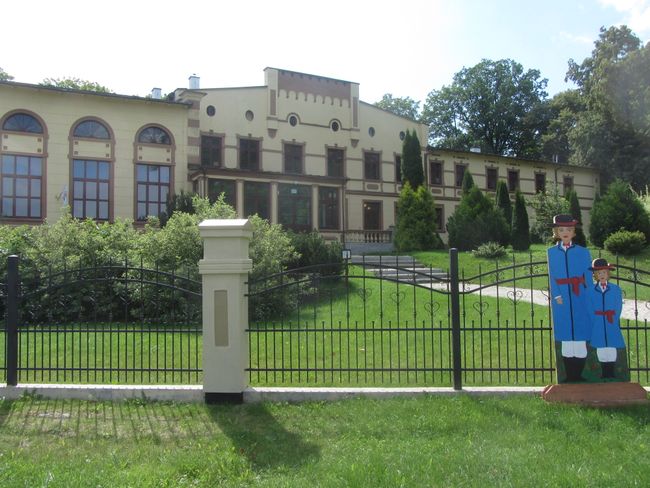
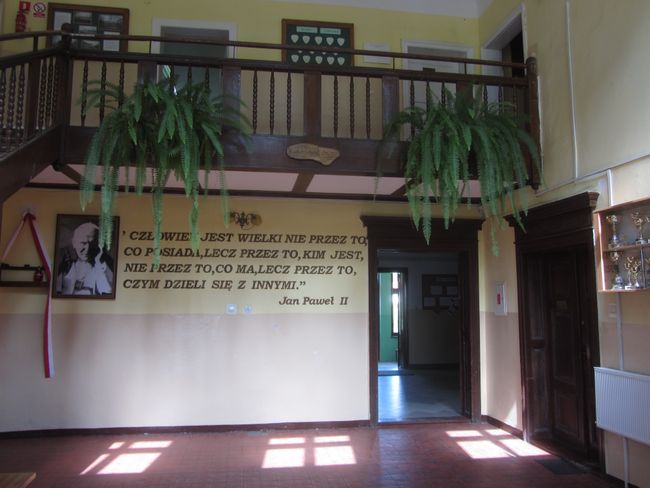
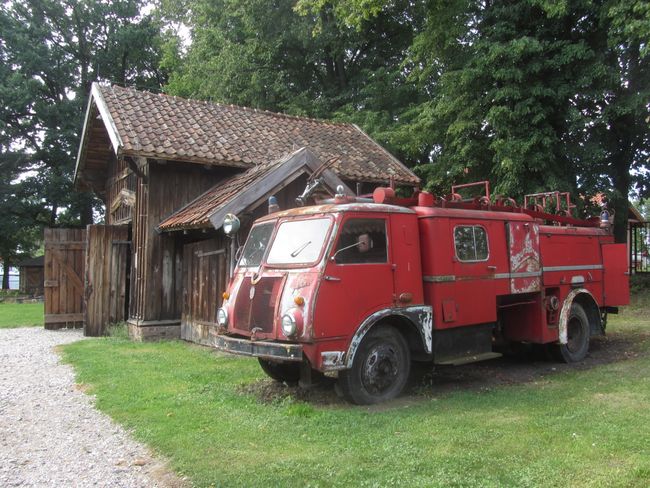
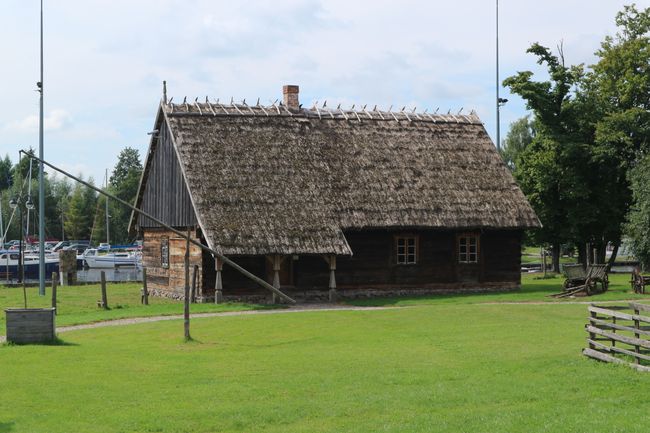
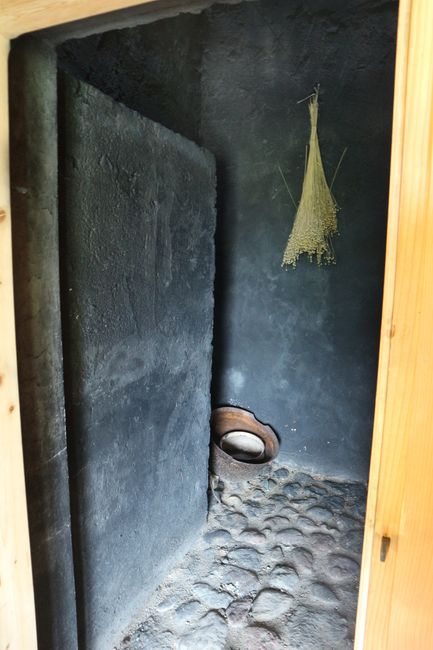
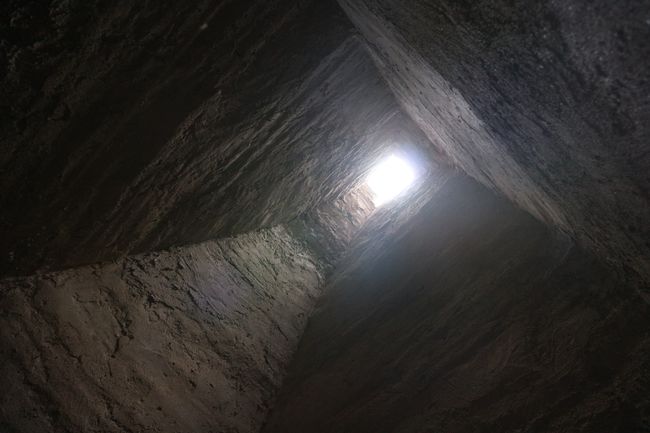
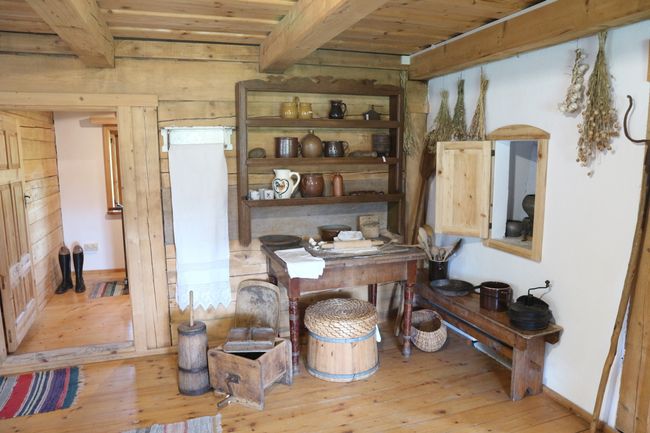
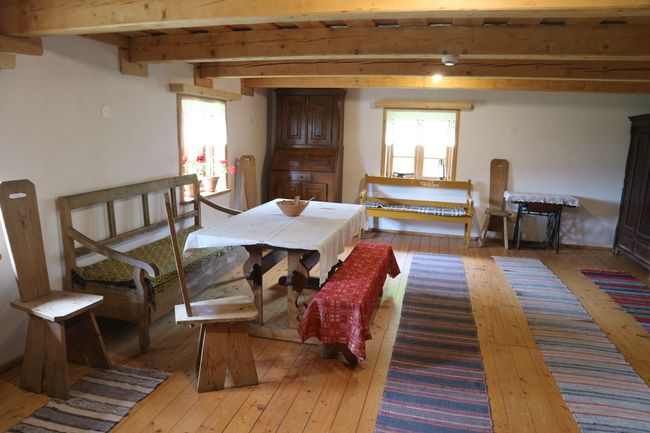
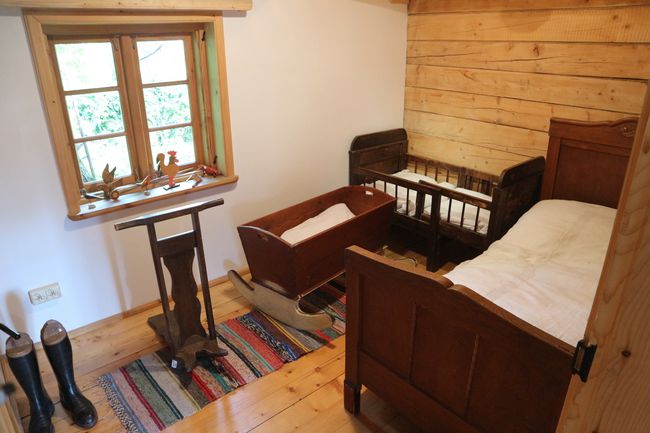
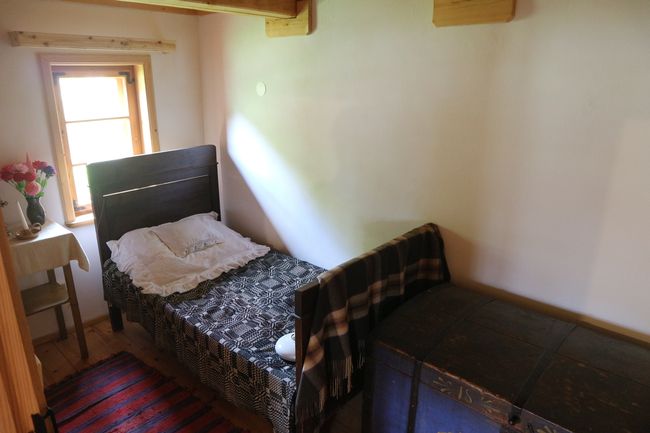
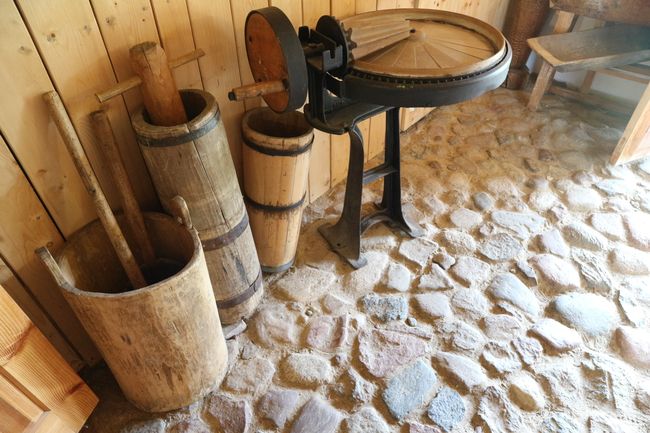
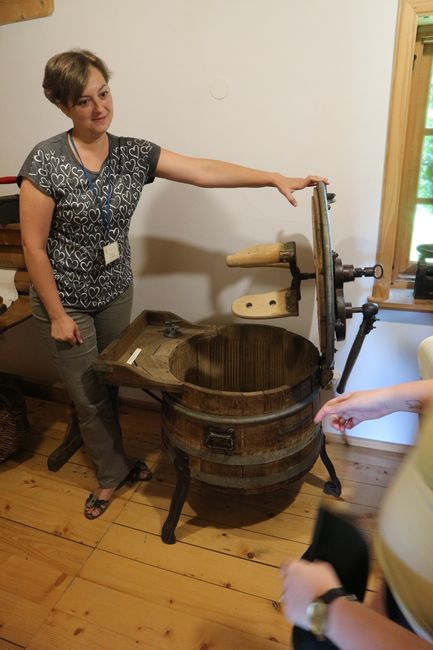
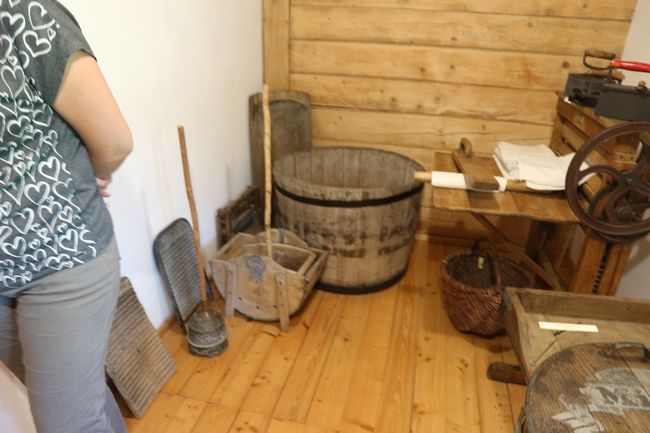
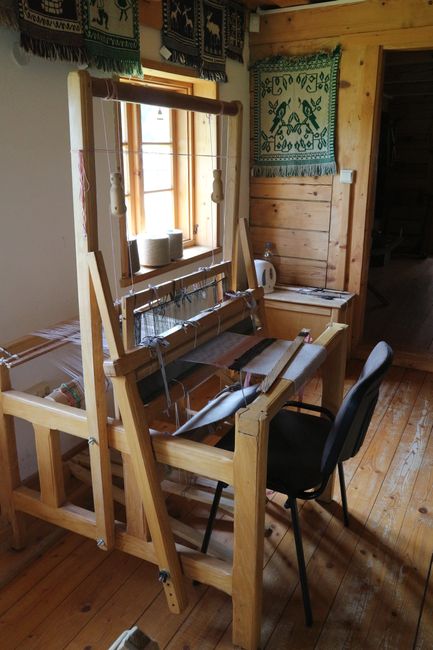
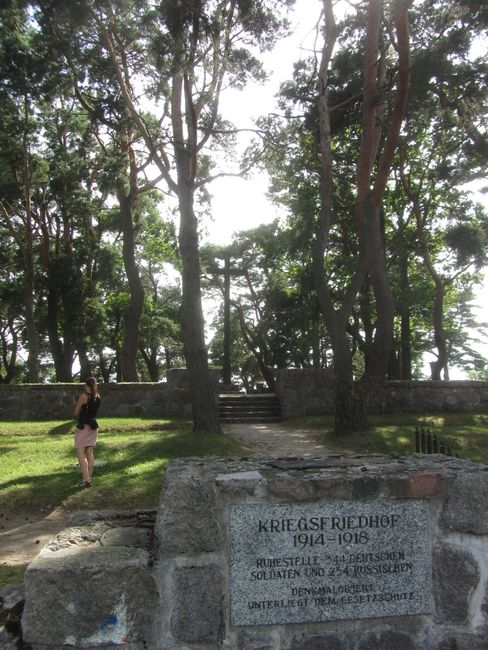
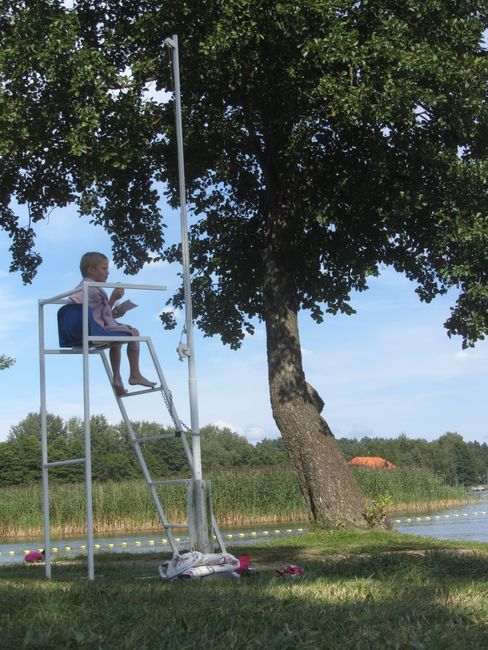
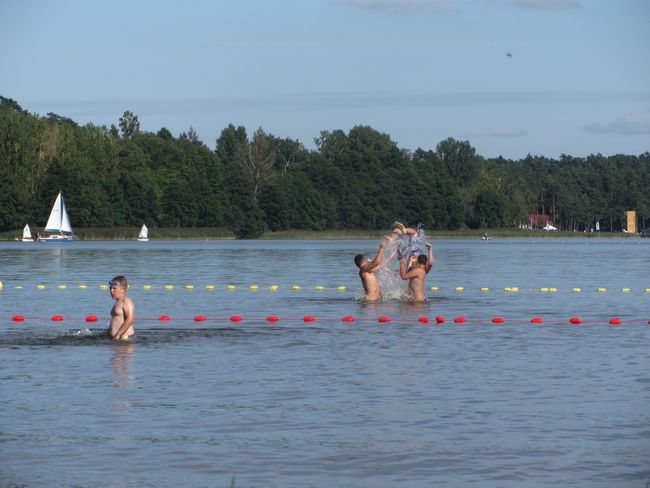
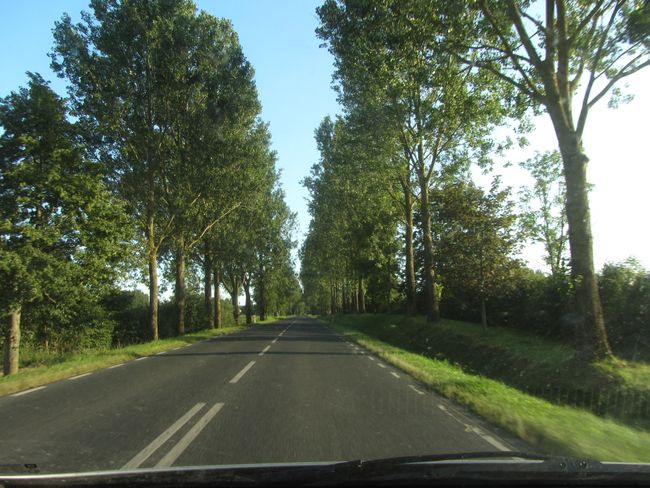
Subscribe to Newsletter
During the preparation of our trip, there were very few places where I (Anne) was clear from the beginning that I absolutely wanted to see them - but when it became clear that we were going through northern Poland, I knew that I would like to see the village where my grandfather grew up and from which he had always told me stories until his death in 2009, although he captured most of his memories of his homeland East Prussia in watercolors. We then continued from Lithuania towards Masuria. The landscape is beautifully green and hilly, the roads are narrow, incredibly tall trees line them, and somehow we always had a special light - either the most beautiful late summer evening sun or blue sky and bright sun shining through the canopy of trees along the roads. Since we left Lithuania very late and crossed the border, we spent the night in a parking lot in the middle of a Masurian village, about 40 km before our first destination. After a generous breakfast, we set off refreshed towards Wiecki. This small village, which used to be called Wenzken, belonged to East Prussia until 1945 and consists mainly of farms, welcomed us with a funny wooden sign and beautiful sunshine. After successfully finding a parking space, we set off on foot to find the former farm of my grandfather's family. As the village only had one real street and I had already seen the property in photos, it was quickly found. The main residential building is unfortunately no longer standing, but the stable and the barn are still there and still in use - at least there were 3 dogs in the kennels that were not very friendly towards us and the lawn was mowed. We looked at the property as much as we could with the dogs barking wildly and I actually hoped that someone would notice us... but that was not the case.
No one came to see why the dogs were barking and otherwise it was very quiet in the village. After we had seen enough and imagined what life was like in this place almost 80 years ago, it was an incredible feeling to be exactly where my grandfather grew up and where his family resettled to the area of the present-day Federal Republic of Germany during and after World War II.
We continued to walk through the village, looked at the small memorial stone that was erected for the past, the present and the future in Wiecki, and visited the high school located on the neighboring property. The very nice secretary showed us the school and we had a conversation in Polish and German (mostly Polish - although our knowledge was limited to about 5 words... you can imagine how the conversation went with hand gestures and feet). She was very interested in our history and it was good for me to speak with someone from the village. After that, we went to the next larger city, Angerburg, to the local museum and to the war cemetery, which is beautifully situated on a hill and provides a beautiful view of the Masurian lakes. We ended the day at the beach with the most beautiful sun.
Subscribe to Newsletter
Answer
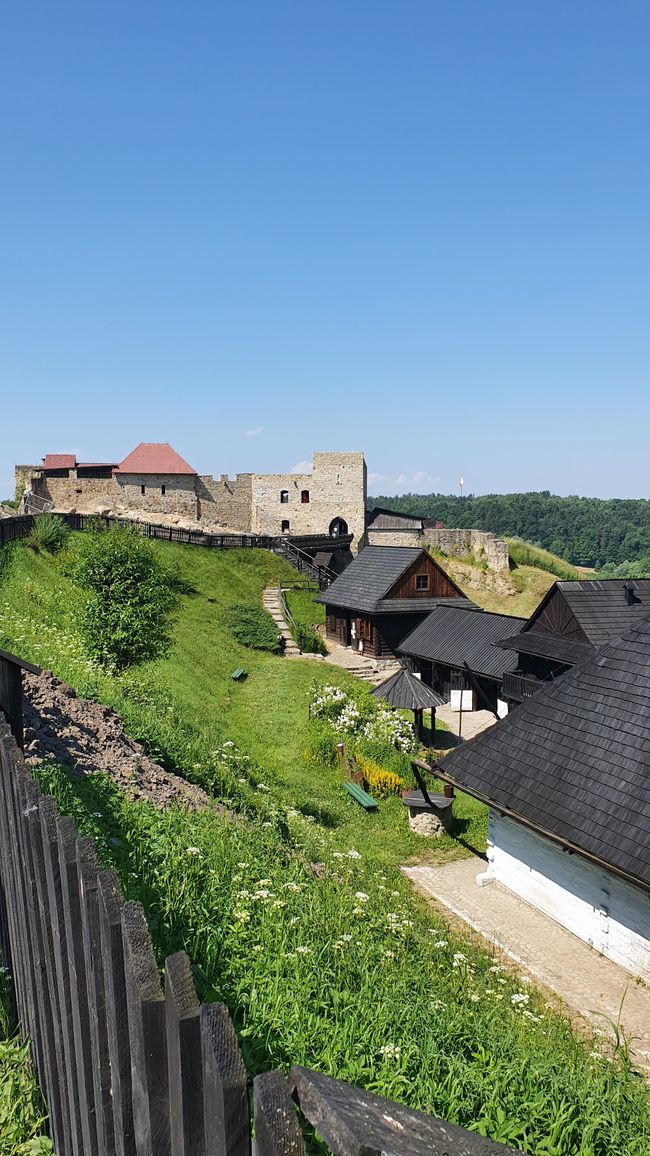
Travel reports Poland
